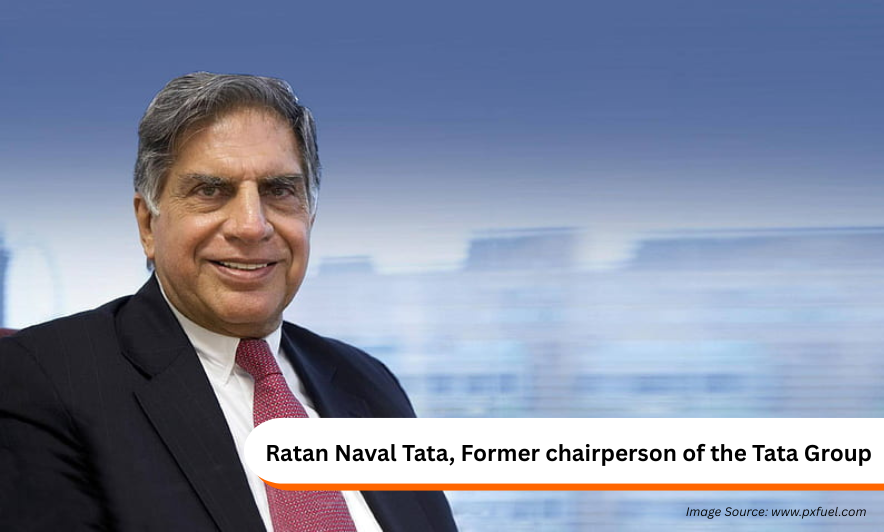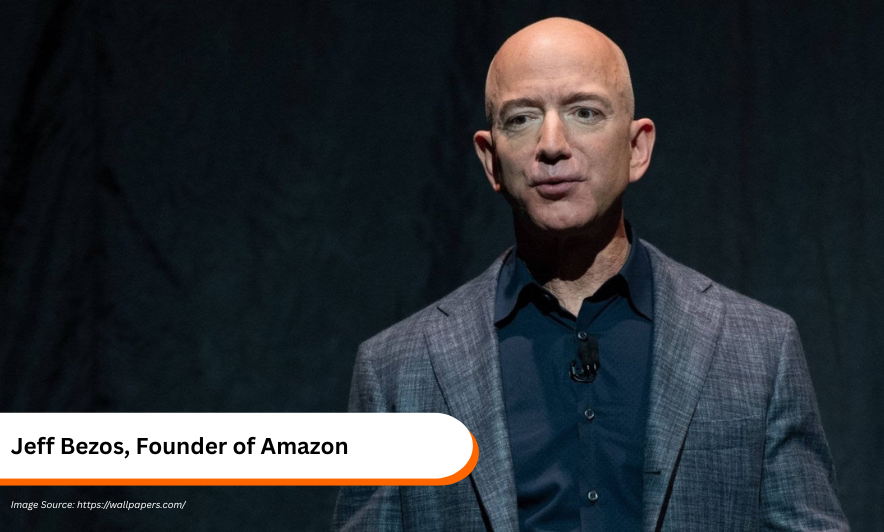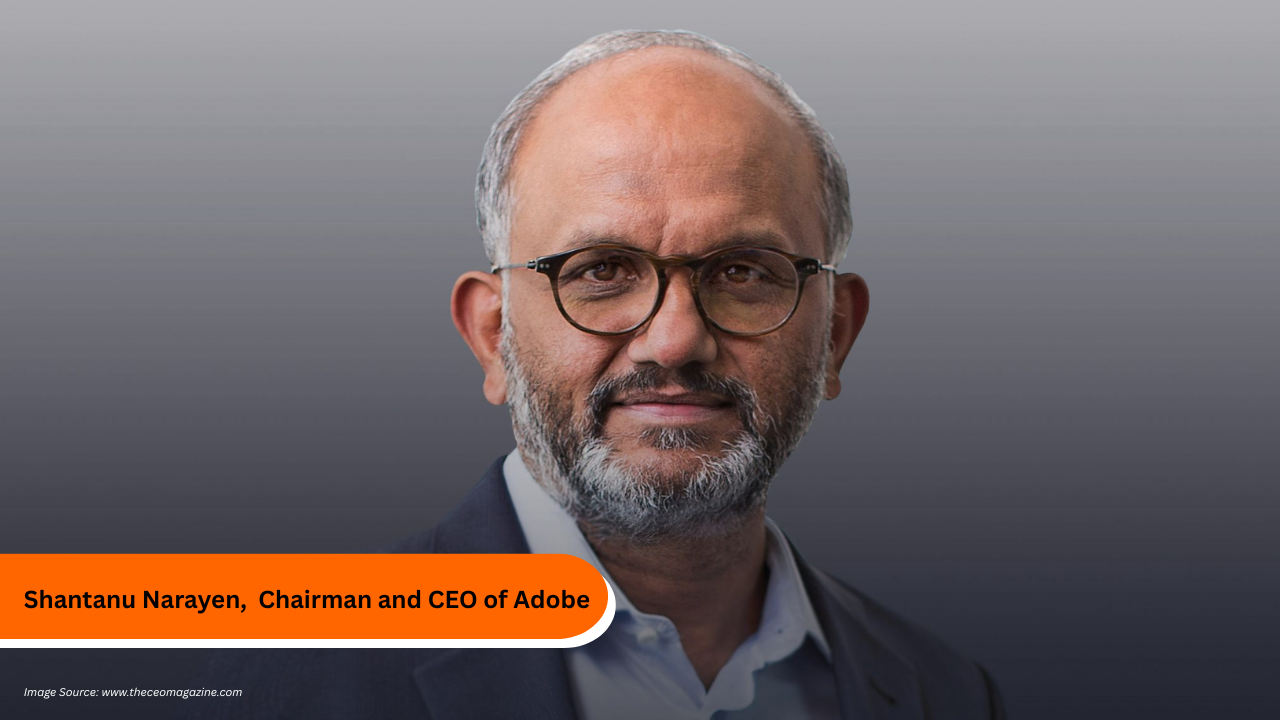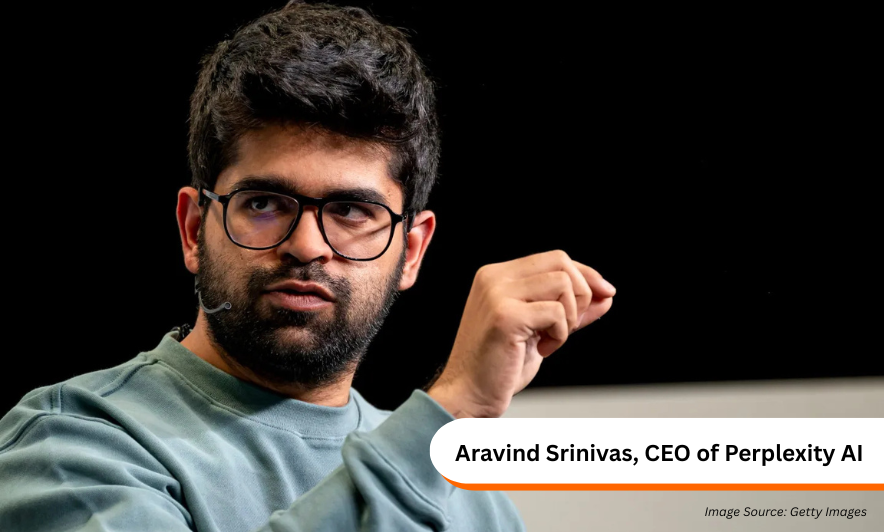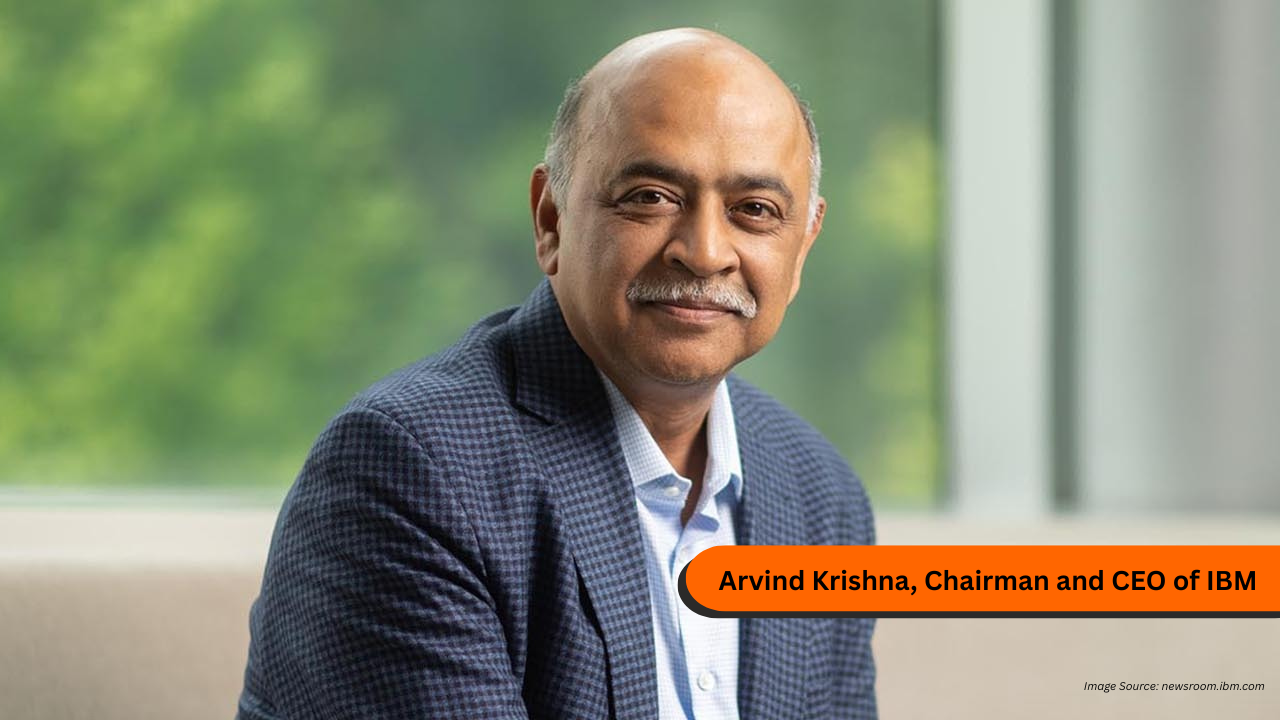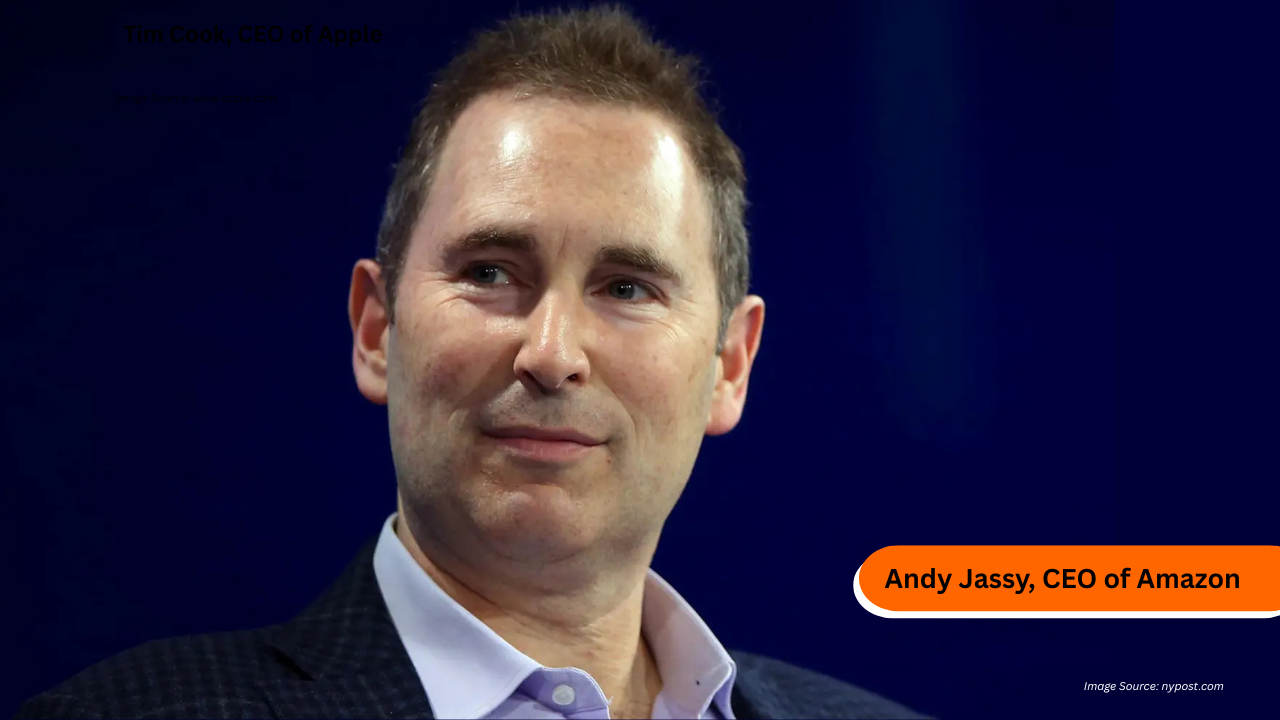Ratan Naval Tata, one of India’s most respected business leaders, transformed the Tata Group into a global powerhouse while upholding the highest standards of integrity and social responsibility. From pioneering global acquisitions like Jaguar Land Rover to launching the Tata Nano, his leadership blended innovation with empathy. As Chairman Emeritus and head of Tata Trusts, his legacy continues through impactful philanthropy in education, healthcare, and rural development.
Few names in Indian business evoke as much respect and admiration as Ratan Naval Tata. A visionary industrialist, ethical leader, and global ambassador for Indian industry, Ratan Tata has long been celebrated not just for his corporate success but for his integrity, humility, and commitment to nation-building. His journey from the shop floor to the boardroom, and his transformative impact on the Tata Group, continues to inspire generations.
Early Life and Education
Born on December 28, 1937, in Mumbai, Ratan Tata is the great-grandson of Jamsetji Tata, the founder of the Tata Group. After his parents separated during his early childhood, he was raised by his grandmother, Lady Navajbai Tata, who instilled in him values of simplicity and service.
He received his early education at the Cathedral and John Connon School in Mumbai and Bishop Cotton School in Shimla. Later, he pursued architecture and structural engineering at Cornell University, graduating in 1962. He further enhanced his management skills at Harvard Business School, completing the Advanced Management Program in 1975.
Career Milestones and Leadership
Ratan Tata began his career in 1962 at Tata Steel, working on the shop floor in Jamshedpur to understand the company’s operations from the ground up. His humility and hands-on approach would define his leadership style for decades to come.
He became Chairman of Tata Group in 1991, succeeding J.R.D. Tata at a time when India was opening its economy to the world. Under his stewardship, the Tata Group transformed from a largely India-centric business house into a globally recognized conglomerate.
Key Achievements
Global Expansion
Ratan Tata led the Tata Group through a series of high-profile international acquisitions that positioned the company on the world stage:
- Tetley (UK) by Tata Tea – 2000
- Corus (UK) by Tata Steel – 2007
- Jaguar Land Rover (UK) by Tata Motors – 2008
Tata Nano
In 2008, he launched the Tata Nano, envisioned as the world’s most affordable car, making car ownership accessible to millions of Indians. Though it faced commercial challenges, it remains a symbol of Indian innovation and ambition.
TCS Growth
While Tata Consultancy Services (TCS) was founded in 1968, Ratan Tata oversaw its rapid global expansion and successful public listing in 2004, turning it into one of the world’s leading IT services companies.
Recognitions and Awards
Ratan Tata’s contributions have earned him numerous honors:
- Padma Bhushan – 2000
- Padma Vibhushan – 2008
- Honorary degrees from institutions such as Ohio State University, University of Warwick, and University of Cambridge
He is consistently recognized for his ethical leadership, philanthropic values, and his role in transforming Indian business.
Notable Tata Products and Services
Product/Service | Year Introduced/Acquired | Category/Usage |
Tata Indica | 1998 | India’s first indigenously developed passenger car |
Tata Nano | 2008 | Affordable car aimed at two-wheeler owners |
Tata Safari | 1998 | SUV designed for Indian terrain |
Tata Steel | 1907 | Steel for construction and manufacturing |
Tata Tea (Tata Consumer Products) | 1964 | Beverages, including Tetley |
Tata Play (formerly Tata Sky) | 2006 | Satellite television service |
TCS (Tata Consultancy Services) | 1968 | IT services and consulting |
Jaguar Land Rover | Acquired 2008 | Luxury automotive brands |
Tata Power | 1915 | Electricity generation and distribution |
Tata Chemicals | 1939 | Industrial chemicals, crop protection, Tata Salt |
Legacy and Philanthropy
Ratan Tata retired as Chairman in 2012 but continues to influence the group as Chairman Emeritus and through the Tata Trusts, which control around 66% of Tata Sons, the holding company of the Tata Group. Through these trusts, he has focused on education, healthcare, rural development, and social innovation.
He remains one of the most trusted, ethical, and admired business leaders, both in India and globally, known not only for his business achievements but also for his compassion and deep sense of social responsibility.

